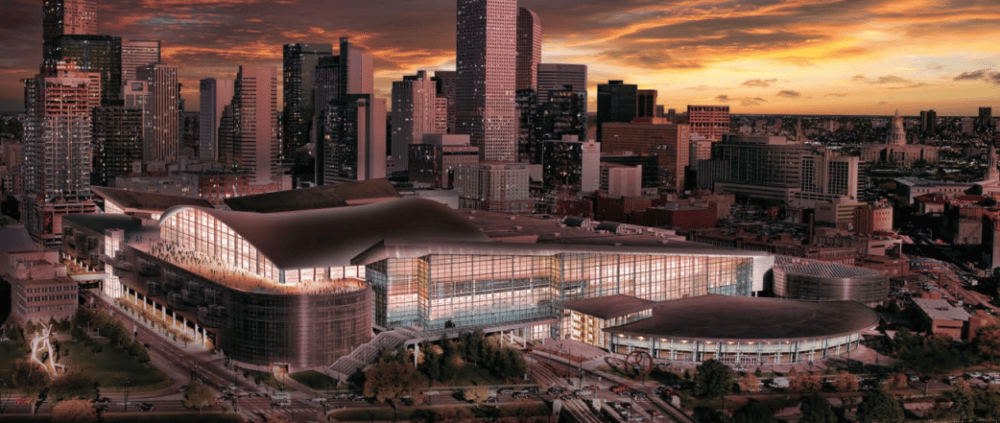
With one member saying, "it's not really taxpayer dollars," Denver City Council signed off on a plan Monday to increase taxes on hotel rooms by 1 percent in order to pay for an expansion of the Colorado Convention Center that is proving much more costly than originally anticipated.
The proposal would bring the total tax on hotel rooms to 15.75 percent and would apply to hotels with more than 50 rooms. It still needs the approval of at least half of the affected hotels, but the proposal comes from the hospitality industry itself: the tourism bureau Visit Denver and the Colorado Hotel and Lodging Association.
“My members believe so strongly that we need to get the convention center renovated properly,” Amie Mayhew, president and CEO of the Colorado Hotel & Lodging Association, which includes many of the city’s largest hotels, said earlier this month.
The city would create the state's first "tourism improvement district," collect these extra taxes and fees on hotels and use the money for the expansion and renovation of the Colorado Convention Center, which is now expected to cost $223 million. That's a lot more than the $104 million that was estimated when voters previously allocated money for the convention center expansion in 2015. It was part of the same tax package that's funding improvements at the National Western Center.
The expansion plans call for 80,000 square feet of new ballroom/meeting space, a 50,000-square-foot rooftop terrace on the roof and additional back-of-house space, as well as upgrades to the building’s wireless technology and other equipment.
"It's not really taxpayer dollars," Councilman Wayne New said of the lodging tax. "It's tourism dollars that will fund the expansion."
With the expansion, the convention center could host more conferences every year and draw larger conferences, as well as host multiple large events at the same time. The potential economic impact is estimated around $85 million. Thousands of new hotel rooms are expected to come online in the next year, and there's a symbiotic relationship there: The convention center's events bring guests who need somewhere to stay.
Because this will be paid by people who don't live here, it's not a particularly difficult political decision to support this tax. In the absence of much controversy at City Council, you can check out this Denver Post editorial if you want a dissenting view.
Yes, the convention center is a huge economic force. And the city wants to win the prestige of attracting the lucrative Outdoor Retailer trade show. But Colorado’s largest city doesn’t need to pave the way for another special taxing district. We already have plenty, and it’s debatable whether all of them are in the broader best interest. There are business improvement districts, metropolitan districts, general improvement districts or urban renewal districts — all of which have been granted taxing authority once created. When does it stop?













